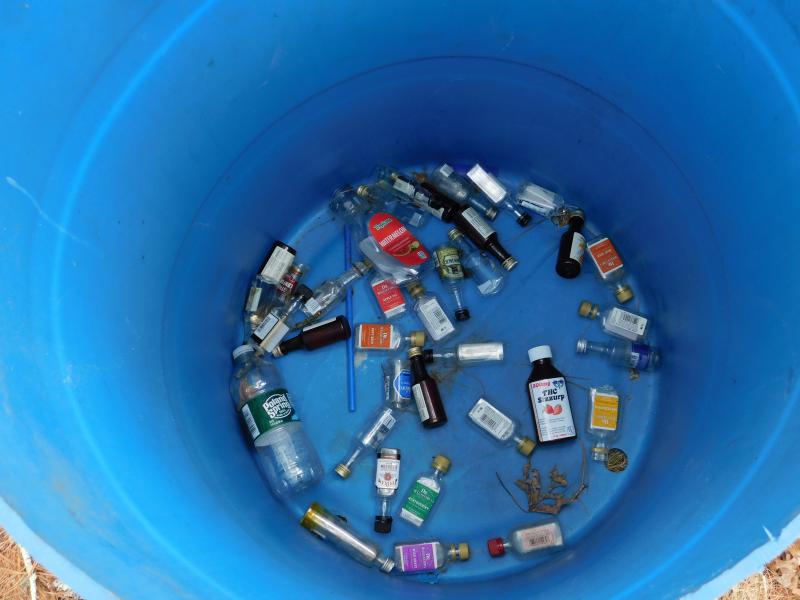Nips ban, other articles approved by Attorney General
A ban on the sale of miniature liquor bottles, known as nips, will go into effect on May 11, 2022, following Massachusetts Attorney General Maura Healey’s approval of the restriction that Wareham voters passed at the June 12 Town Meeting.
The Attorney General approved the nips ban and several other articles that were passed at the Annual Town Meeting and Special Town Meeting, including:
• Limiting the number of marijuana delivery operators — who would operate a business without a traditional storefront — in town to three.
• Updating the town’s FEMA floodplain maps.
• Amending the town’s wetland bylaws.
• Amending the definition of duplexes and multi-family homes to clarify that adjoining dwellings must share a wall.
• Changing the zoning to allow Smithers Lab — which is near the Decas Elementary School — to test up to eight teaspoons of marijuana products a day for metals or chemicals.
Articles still pending approval
Other articles passed at the June 12 Town Meeting are still awaiting the Attorney General’s approval.
An article that would put restrictions on the size and location of new solar fields in the hopes of curtailing the recent influx of solar projects has not yet been approved.
The article would change the town’s solar bylaw — restricting new solar projects to between 3 and 10 acres in size, and requiring them to be placed on land that has been cleared of trees for at least five years. When issuing her recent approvals, Healey said a decision on the solar article would be issued “on or before” Nov. 25.
Also awaiting Healey’s approval is an article that would encourage the development of affordable housing units through the conversion of existing in-law and illegal apartments and allowing the subdivision of lots in some neighborhoods.
Each unit added through the program would count toward the town’s affordable housing stock, with the goal that the town could meet the state-set 10 percent threshold that allows the town to turn down large 40B housing developments. Similar to the solar restrictions, a decision on this article is expected on or before Nov. 25, according to the Attorney General’s office.












